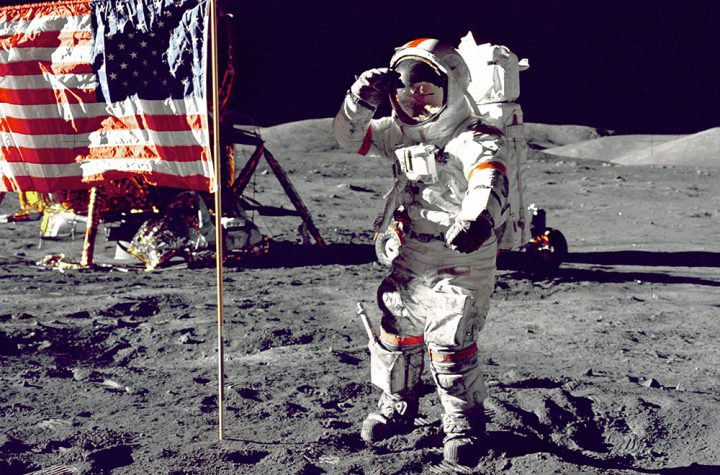
Former strikers Ally McCoist and Tony Cascarino have expressed fears of developing dementia in light of Sir Bobby Charlton’s recent diagnosis and the death of Nobby Stiles.
The discussion around football’s connection with brain disease has been reignited after it emerged Manchester United and England legend Sir Bobby has dementia, just days after fellow World Cup winner Stiles, who suffered from the same illness, passed away.
Sir Bobby Charlton is the fourth member of England’s World Cup winning squad to develop dementia
They are not the only members of the 1966 squad to develop problems: Martin Peters died last December after a battle with Alzheimer’s disease, while Sir Bobby’s older brother Jack Charlton passed away in July having had dementia.
Numerous studies in recent years have established a clear link between heading the ball and memory problems in later life, but there has still been relatively little action from football’s authorities.
Following significant evidence that ex-professional footballers are three-and-a-half times more likely to die from neurodegenerative disease last October, the FA advised that children under the age of 11 should not head the ball in training.
Nobby Stiles was badly affected by dementia in the later stages of his life
But Cascarino, a prolific header of the ball in his day, who overcame a brain tumour in 2018, argues that’s simply not enough.
After writing an emotional piece in The Times, the former Millwall and Republic of Ireland striker told talkSPORT: “I know a lot of the numbers that are around. Dawn Astle [the campaigner] has made it quite apparent, the dangers of football.
“The stats are telling us that it’s four or five times more likely to get brain cell death from football, from heading a ball.
“My dad’s got it, I’ve got it on my mum’s side, I’ve headed the ball, I’ve had brain surgery – I tick a lot of the boxes.
“Do I think I’m going to get it? Hopefully not. Am I at very high risk? Yeah. Will I get insured? Absolutely no chance.
Cascarino was renown for his ability in the air
“The link is that it’s far more likely. It is a concern of mine because I think it’s real.
“There was a very big chance that this year it was going to be decided that heading the ball was an industrial injury.
“Football has to wake up to this, the pandemic stopped this proceeding.”
Dawn Astle, who has long campaigned for action following the death of her father Jeff in 2002, joined talkSPORT on Tuesday to reveal that the weight of the ball is not necessarily the only factor in footballers developing brain problems, calling that theory a ‘myth’.
‘England didn’t do enough for Nobby Stiles’
Sir Bobby and Stiles both played at a time when the ball was significantly heavier, but Astle, who wants heading of the ball to become an industrial injury by law, argues the pace of the ball also plays a part, meaning today’s players are just as much a ‘ticking time bomb’ for dementia.
Rangers legend McCoist also has concerns for his future health following a long career of heading the ball.
“I automatically think that back in the day, it was the big heavy ball with the laces. That’s what I thought,” he told talkSPORT.
Ally McCoist [right] scored bags of goals with his head
“Now we’re finding out that the pace of the ball is a big factor as well.
“Clearly a lot of my headers would’ve been coming of fast balls, rather than the old ball with the laces.
“I understand that age comes with a cost, and at the same time, my own memory does worry me.
“My short-term memory is really poor. I can be thinking about something, then go somewhere else and forget what I’m doing.”





More Stories
The BMC has banned fire crackers in all public and private places within the city limits.
Apple has cut off major supplier Pegatron from new contracts following the reveal of student labor violations. Pegatron is one of Apple’s biggest supply chain partners, manufacturing various products including some of the newest iPhone 12 models.